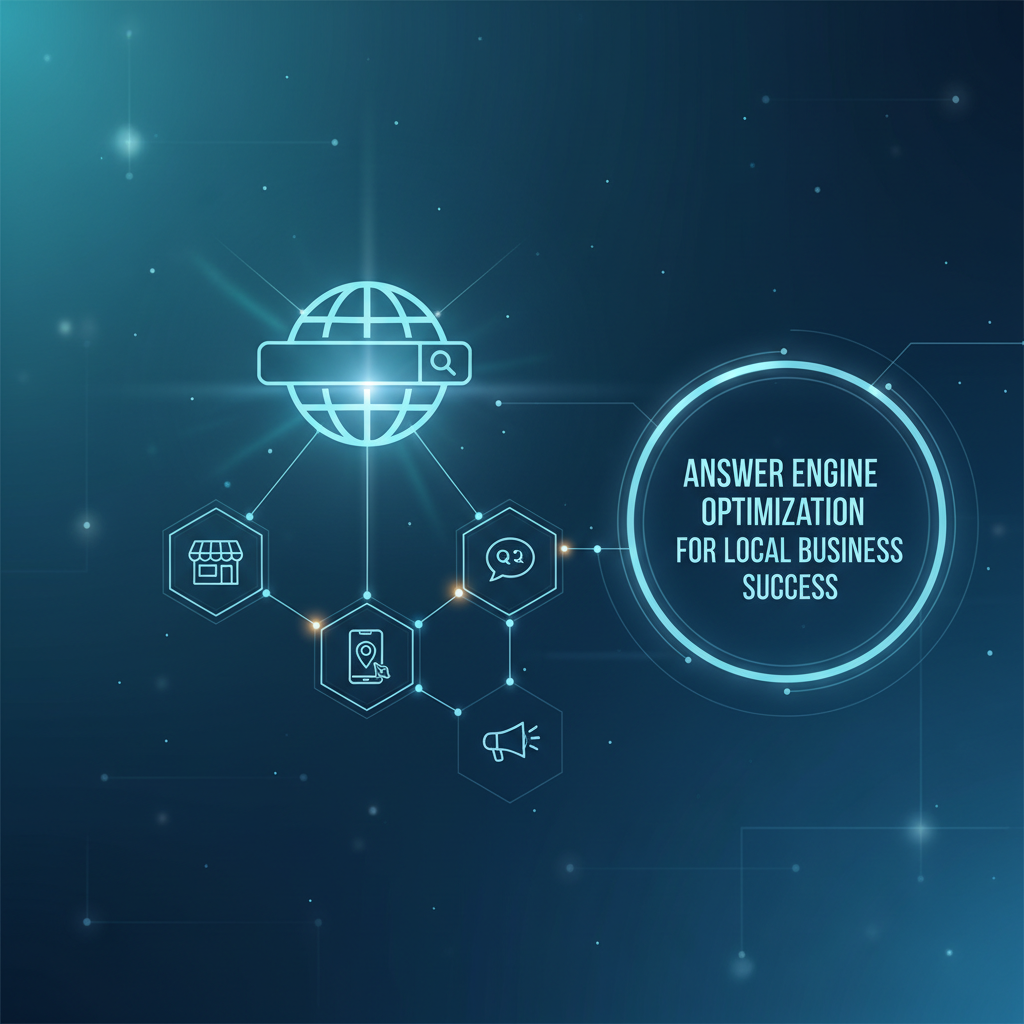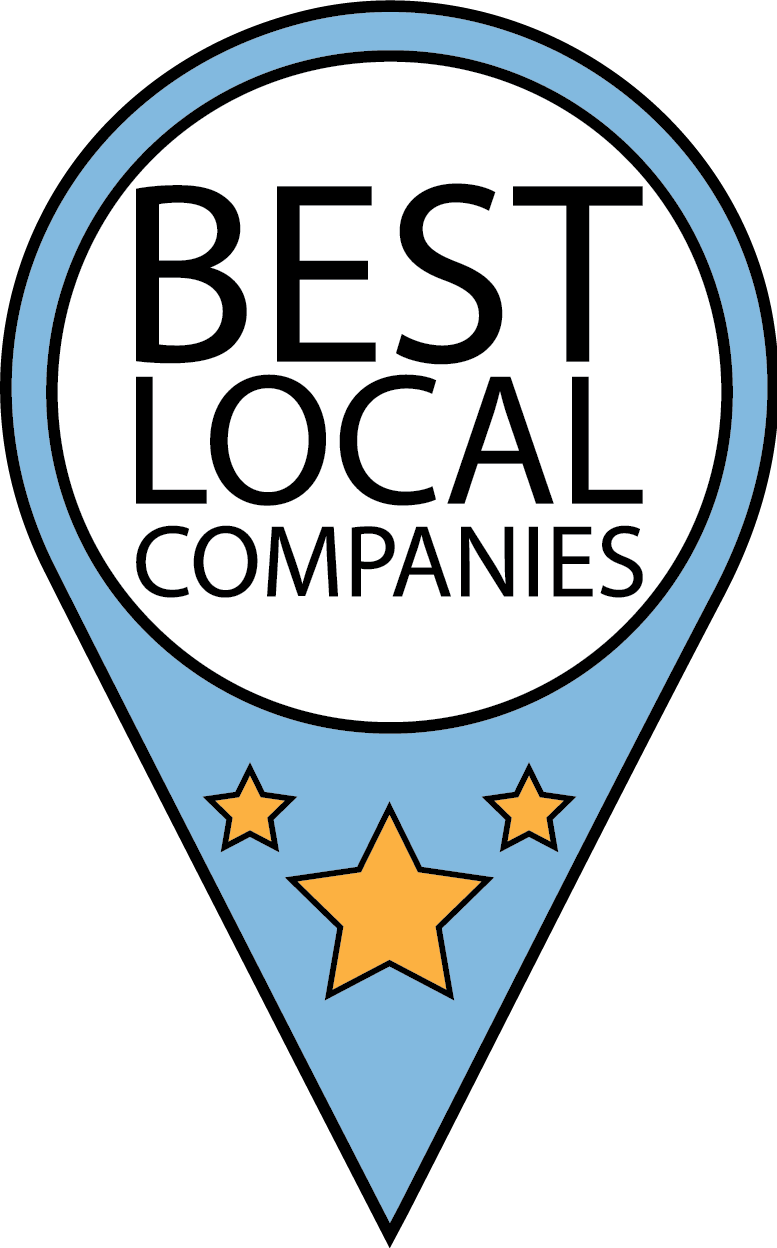
Understanding the Answer Engine Revolution
The digital landscape is shifting. Traditional search optimization alone isn’t cutting it anymore. Answer Engine Optimization (AEO) has emerged as the game-changer for local businesses looking to capture customer attention in 2024 and beyond. Unlike conventional SEO that focuses on ranking for keywords, AEO centers on providing direct answers to what customers actually need.
For local businesses, this shift is critical. When someone searches “best pizza near me” or “plumber open now,” they want immediate, specific answers—not a list of links to sort through. Understanding this fundamental difference can transform how you approach local marketing.
Why Answer Engine Optimization Matters for Local Businesses
Local consumers are increasingly turning to voice searches and AI-powered assistants. They’re asking questions conversationally rather than typing fragmented keywords. Your local bakery, salon, or repair shop needs to be discoverable through these answer-based queries.
AEO helps your business appear directly in answer panels and voice search results. This means more visibility, higher foot traffic, and ultimately more revenue. The businesses mastering answer engine optimization today will own their local markets tomorrow.
Key AEO Strategies for Local Dominance
1. Optimize for Question-Based Keywords
Identify the questions your local customers are actually asking. Instead of targeting “dog grooming,” focus on “how often should I groom my dog?” or “dog grooming near me.” Tools like Google Search Console and local keyword research platforms reveal these conversational queries. Create content that directly answers these questions within the first few sentences.
2. Build a Comprehensive Google Business Profile
Your Google Business Profile is your answer engine headquarters. Keep it updated with accurate business hours, location details, services, and customer reviews. Answer questions customers leave in your Q&A section promptly. This is prime real estate for answer engine visibility.
3. Create Structured Data and Schema Markup
Search engines love organized information. Implement schema markup for your business type, products, services, and locations. This tells answer engines exactly what your business does and makes it easier for them to serve your information to searchers.
4. Develop Answer-Focused Content
Write blog posts and web pages that answer specific local questions. Use an FAQ format for common customer queries. Structure answers clearly with headlines, bullet points, and concise paragraphs. When answer engines scan your site, they should immediately find the information searchers need.
5. Embrace Voice Search Optimization
Voice searches are inherently conversational. Optimize your content for natural language patterns. Include long-tail keywords and question phrases. Think about how customers would verbally ask for your services and write content accordingly.
6. Leverage Local Citations and Listings
Consistency is crucial for local answer engines. Ensure your business name, address, and phone number (NAP) are identical across all platforms—Yelp, Apple Maps, local directories, and your website. This verification signals trustworthiness to answer engines.
7. Generate Authentic Customer Reviews
Answering engines prioritize businesses with strong review signals. Encourage satisfied customers to leave reviews on Google and relevant platforms. Respond to every review professionally. High ratings and detailed reviews help answer engines recommend your business.
Taking Action Today
Answer engine optimization isn’t a futuristic concept—it’s happening now. Local businesses that adapt quickly will gain competitive advantages in their markets. Start by auditing your Google Business Profile, optimizing for conversational keywords, and creating answer-focused content.
The future of local search belongs to businesses that understand their customers’ questions and provide clear, immediate answers. It’s time to optimize for how people actually search.
